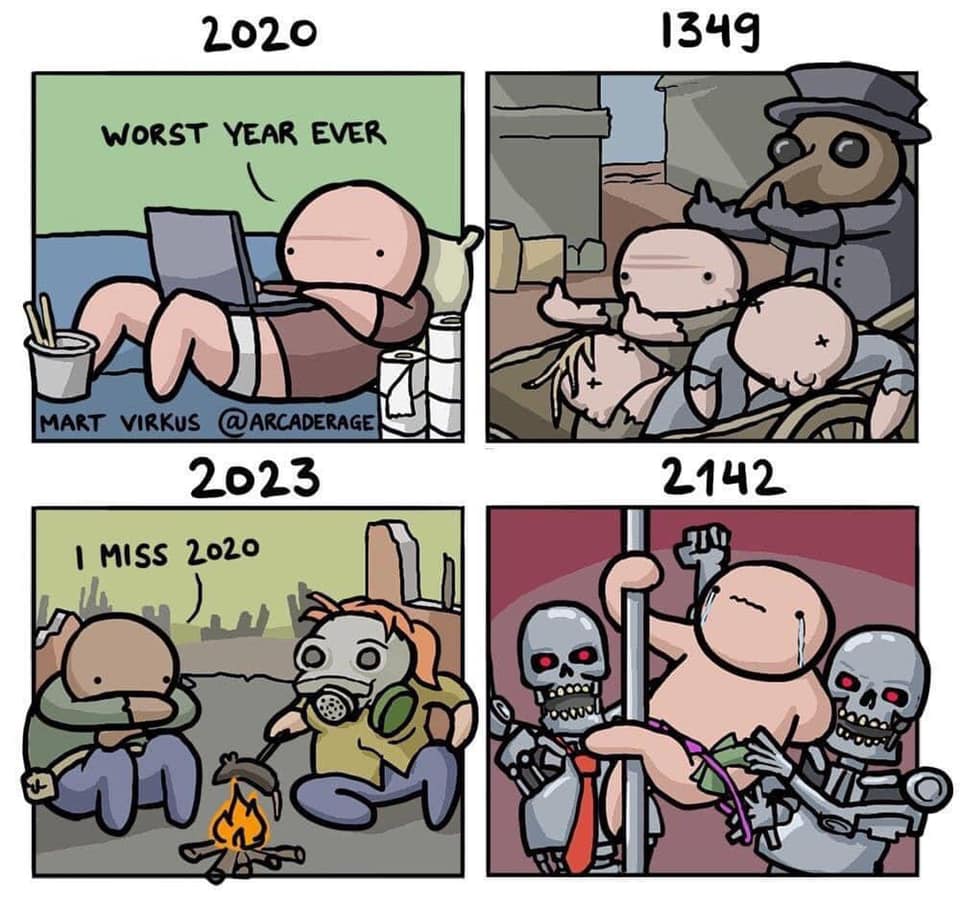The answer: not many. Most jobs would vanish. Only a small elite—those who own the robots, control the tech, or offer rare creative or leadership value—would remain relevant. The rest? Displaced. Unneeded.
From that premise, we’re not looking at utopia. We’re looking at a likely descent into a fractured, dystopian world. Something not unlike Mad Max. Here’s why:
1. Resource Scarcity
As millions drop out of the formal economy, access to food, water, and energy will become unstable. With no job, no income, and no safety net, people will fight to survive. Those who own the means of production—now robotic—will hold all the cards.
2. Collapse of Social Systems
Mass unemployment leads to a collapse in tax revenue. Governments, under pressure, cut services. Education, healthcare, policing—all begin to erode. Without strong institutions, societies begin to break down. Disorder replaces order.
3. Social Fragmentation
Without a shared economic purpose, people splinter into factions: technocrats, outcasts, zealots, warlords. Tribalism takes over. Trust dies. Small enclaves of stability might remain, but the world outside becomes feral.
4. The “Have-Nots”
Billions become redundant. They no longer contribute economically, and therefore no longer “deserve” a place in a market-driven system. What do people do when they’re excluded from civilization? They survive however they can.
5. Tech and Power Imbalances
AI and robotics will serve as the new engines of dominance. Those with access to the most advanced systems will hold power far beyond anything feudal lords or corporate CEOs ever knew. The gap between the empowered and the rest will become unbridgeable.
This isn’t inevitable—but it’s very possible. And we’re not prepared.
Civilization isn’t just at risk from climate change or political extremism. It’s at risk from its own technological momentum. If we continue to develop without structural reform, social imagination, or ethical foresight, we won’t get utopia. We’ll get a high-tech wasteland.
A future is coming. The question is: who will it belong to?


